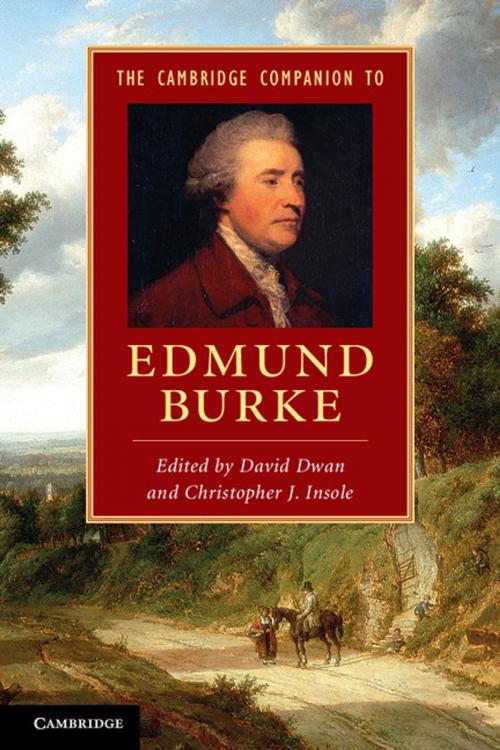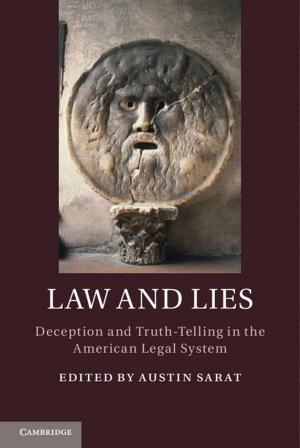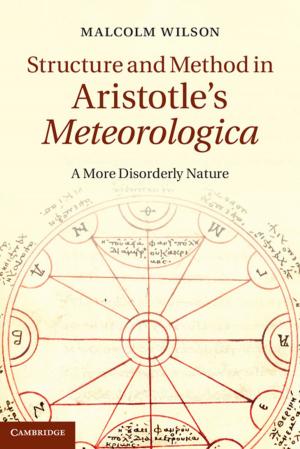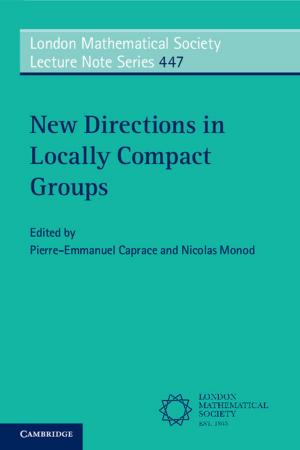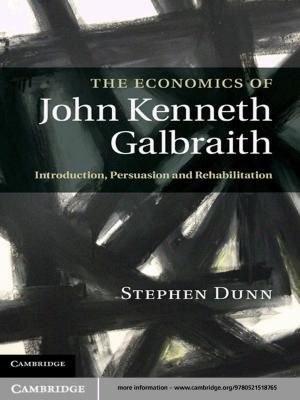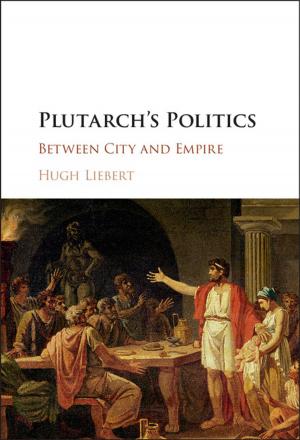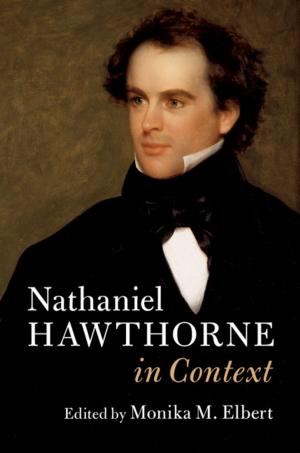The Cambridge Companion to Edmund Burke
Nonfiction, Social & Cultural Studies, Political Science, Politics, History & Theory, Fiction & Literature, Literary Theory & Criticism, Social Science| Author: | ISBN: | 9781107487031 | |
| Publisher: | Cambridge University Press | Publication: | October 22, 2012 |
| Imprint: | Cambridge University Press | Language: | English |
| Author: | |
| ISBN: | 9781107487031 |
| Publisher: | Cambridge University Press |
| Publication: | October 22, 2012 |
| Imprint: | Cambridge University Press |
| Language: | English |
Edmund Burke prided himself on being a practical statesman, not an armchair philosopher. Yet his responses to specific problems - rebellion in America, the abuse of power in India and Ireland, or revolution in France - incorporated theoretical debates within jurisprudence, economics, religion, moral philosophy and political science. Moreover, the extraordinary rhetorical force of Burke's speeches and writings quickly secured his reputation as a gifted orator and literary stylist. This Companion provides a comprehensive assessment of Burke's thought, exploring all his major writings from his early treatise on aesthetics to his famous polemic, Reflections on the Revolution in France. It also examines the vexed question of Burke's Irishness and seeks to determine how his cultural origins may have influenced his political views. Finally, it aims both to explain and to challenge interpretations of Burke as a romantic, a utilitarian, a natural law thinker and founding father of modern conservatism.
Edmund Burke prided himself on being a practical statesman, not an armchair philosopher. Yet his responses to specific problems - rebellion in America, the abuse of power in India and Ireland, or revolution in France - incorporated theoretical debates within jurisprudence, economics, religion, moral philosophy and political science. Moreover, the extraordinary rhetorical force of Burke's speeches and writings quickly secured his reputation as a gifted orator and literary stylist. This Companion provides a comprehensive assessment of Burke's thought, exploring all his major writings from his early treatise on aesthetics to his famous polemic, Reflections on the Revolution in France. It also examines the vexed question of Burke's Irishness and seeks to determine how his cultural origins may have influenced his political views. Finally, it aims both to explain and to challenge interpretations of Burke as a romantic, a utilitarian, a natural law thinker and founding father of modern conservatism.
